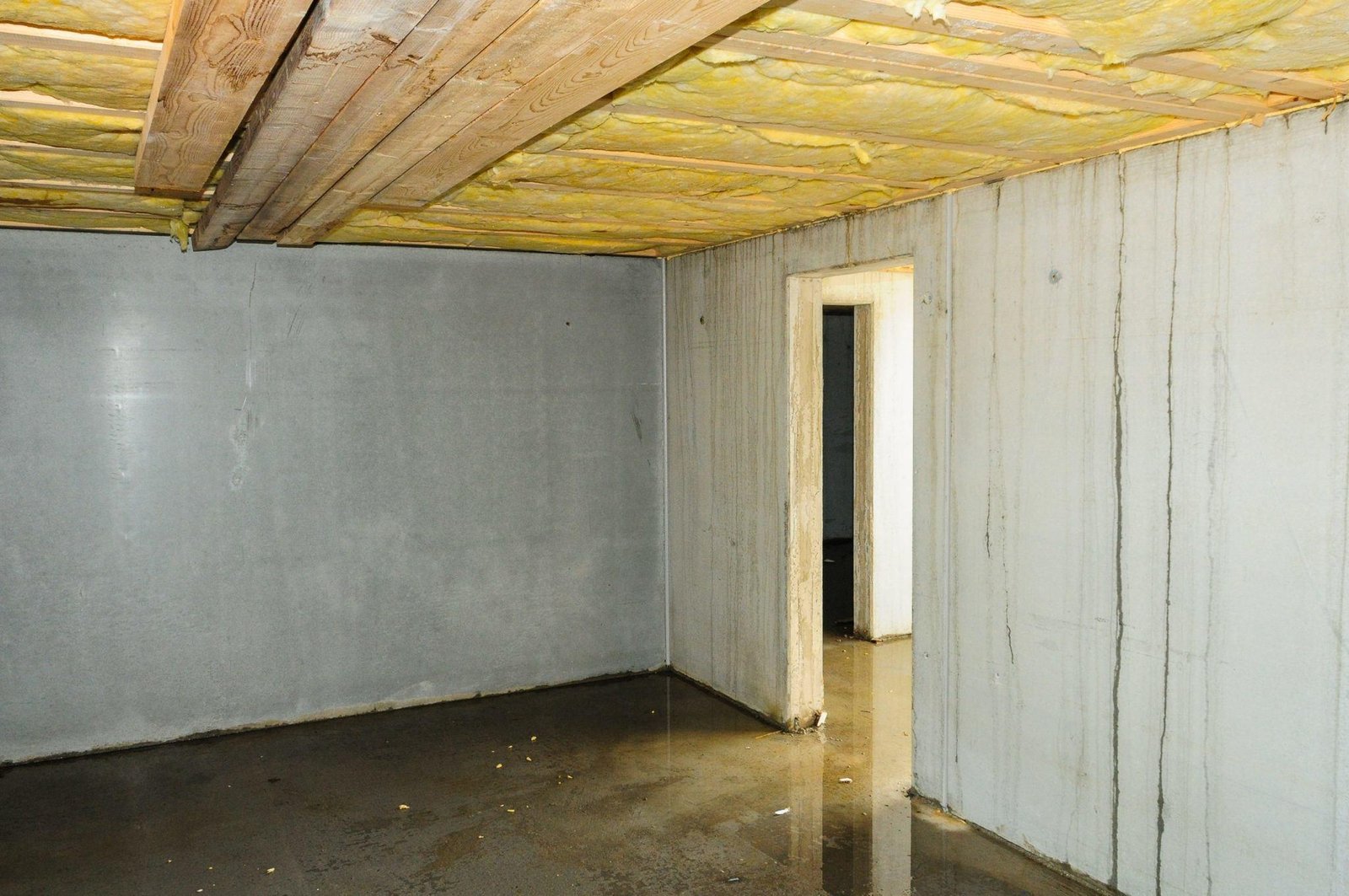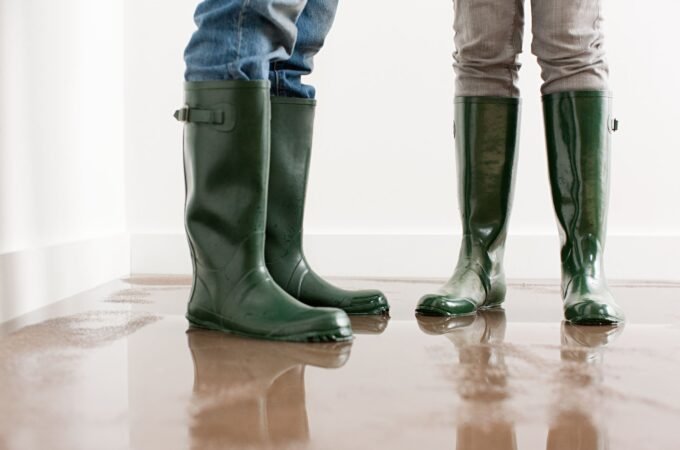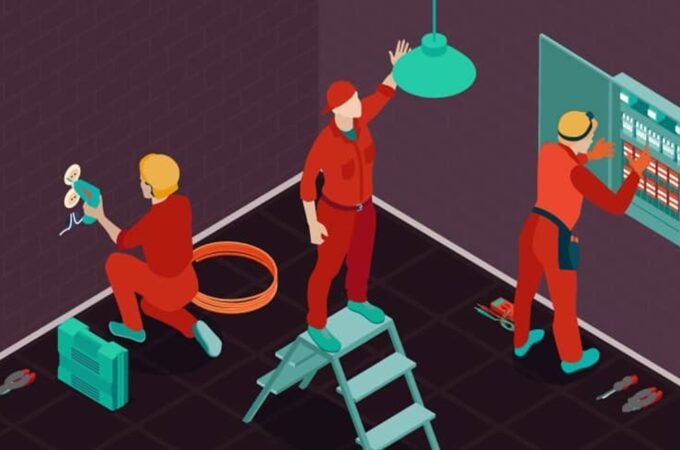
What to Do When Basement Starts Leaking?
It is a common issue that your basement is leaking, and knowing how to repair the leaks of a basement are the best way to deal with them. In seven places mostly, there can be waterproofing problems in the basement. Knowing those places will help you save from any disastrous problem. It is recommended though to hire professionals for basement leak repair in Toronto because if you try to repair your and do more damage instead and end up paying much more than what you had to pay before.
The types of Leaks in a Basement
- Cracks on the Floor: Through the cracks on the floor water can seep into the basement.
- Cove Joint: They are the places where wall and floor meet. When water pressures increase, there is a chance that water can seep in your basement.
- Foundation Wall: Water can seep through the top of the foundation walls.
- Mortar Joints: This is the area which is filled with mortar between blocks or bricks. This is a very common leakage area as it has porous material.
- Concrete: Sometimes the concretes become porous, thus allowing water seep through the surface.
- Cracks on Wall: Lateral pressures or when foundations settle the wall cracks and water seep through the crack to the basement.
- Wells of Window: This is a common place for moisture source in your basement. It can also turn into a major problem if not addressed quickly.
Whenever you find a leak on your basement, you should think to repair them fast. Because if you think that this damage is small and can be addressed after sometimes, you can be in great trouble and repairing later may cost you heavily which could be addressed easily now. So, if you can repair it yourself, do start repairing it right now, or else call your repairer, but don’t delay.
What will happen if you let the mold to grow?
Firstly, mold will deteriorate the look of your house. But more dangerous is that you or your family members can get sick due to mold, especially the house members who are suffering from asthma or allergies.
Mold can also affect people who are sensitive to mold, such as:
- Children and infants
- Elderly people
- A person with weak immune systems, such as a person with HIV infection, liver disease, chemotherapy or cancer.
- A person who has chronic lung disease





